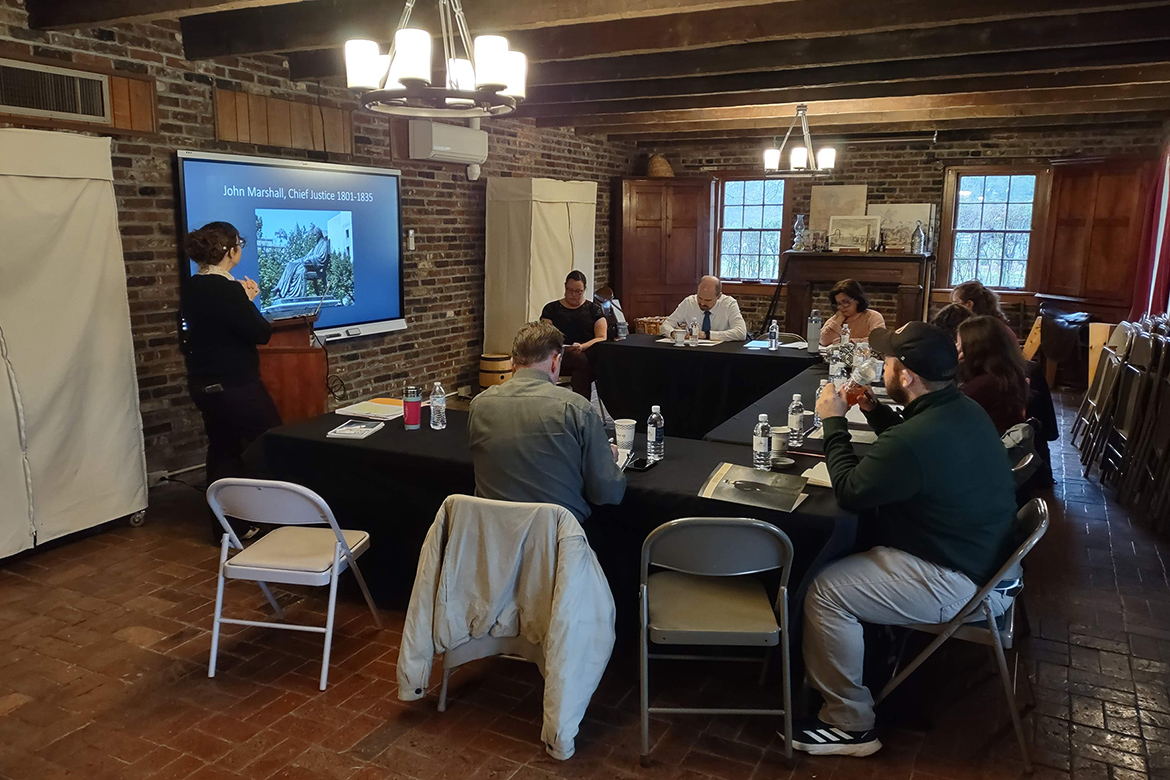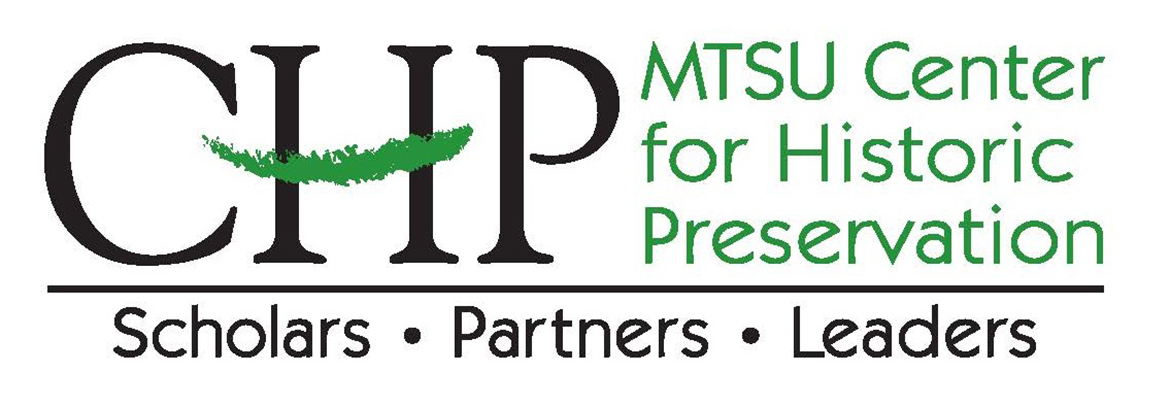MURFREESBORO, Tenn. — Middle Tennessee State University’s Center for Historic Preservation was named one of six recipients of Teaching with Primary Sources, or TPS, regional grants awarded by the Library of Congress.


On behalf of the Library of Congress, regional grant recipients will award subgrants of up to $25,000 to educational institutions, libraries, nonprofits and professional associations that wish to integrate resources and Teaching with Primary Sources methods into their educational programming.
“We are honored that the Center for Historic Preservation has been entrusted to establish the TPS Southern Region,” said Kira Duke, educational specialist at the Center for Historic Preservation, or CHP.
Since 2008, Duke and MTSU research professor Stacey Graham have managed the university’s TPS project under the guidance of CHP Director Carroll Van West and supported by graduate research assistants.

“We are excited to use our years of experience in creating educational programming to guide other organizations in developing their own TPS projects,” added Duke, who will direct the new Southern Region. “We also plan to offer programming and resources to public history institutions in the South to implement TPS strategies.”
CHP Assistant Director Antoinette van Zelm and executive assistant Alexandria Lingle McMahan will join Duke and Graham in overseeing the TPS Southern Region. Their primary responsibility will be administering TPS subgrants for the Southern Region.
“In May, the CHP will welcome Dr. Layla Smallwood, a graduate of MTSU’s doctoral program in Public History and a former CHP graduate research assistant, as the new regional program specialist, further enhancing the Southern Region’s capabilities and support,” Duke announced.


MTSU’s TPS project has been instrumental in fulfilling three of the preservation center’s five legislative mandates: enhancing the intellectual, cultural, and social climate of Tennessee citizens; improving the state’s research base; and encouraging institutions to increase external funding for educational and research activities.
Between 2008 and 2024, MTSU’s Teaching with Primary Sources project conducted more than 250 in-person and virtual workshops with K-12 educators across the state, Duke noted.
The university’s TPS project has collaborated with numerous schools and organizations to promote the use of primary sources in the classroom, at historic sites, and in museums. Some of their major partners include the Tennessee Historical Society, the East Tennessee Historical Society, the Discover Tennessee collaborative, Mars Hill University, and the University of South Carolina.

The center’s partnership ethos will be crucial in implementing and achieving the success of the new TPS Southern Region.
In addition to MTSU, the Library of Congress’ other TPS grant recipients and their regions include Illinois State University (Midwest Region), Metropolitan State University of Denver (Western Region), Waynesburg University (Eastern Region), the National Council for History Education (Great Plains Region) and the American Historical Association (Mid-Atlantic/U.S. Territories Region).

The Library of Congress is the world’s largest library, offering access to U.S. and global creative records. It also serves as the main research arm of Congress and houses the U.S. Copyright Office. For more information, visit https://www.loc.gov/.
Through state, regional, and national partnerships, the Center for Historic Preservation has made a nationally recognized impact on historic preservation. Staff have specific expertise in national heritage areas, the preservation of Civil Rights Movement landmarks in Tennessee, Alabama, and Mississippi, the Cherokee Trail of Tears, small museum development, heritage tourism, and primary source-centered educational programming.
To learn more about the CHP, visit https://www.mtsuhistpres.org/.
— Nancy DeGennaro (Nancy.DeGennaro@mtsu.edu)



COMMENTS ARE OFF THIS POST